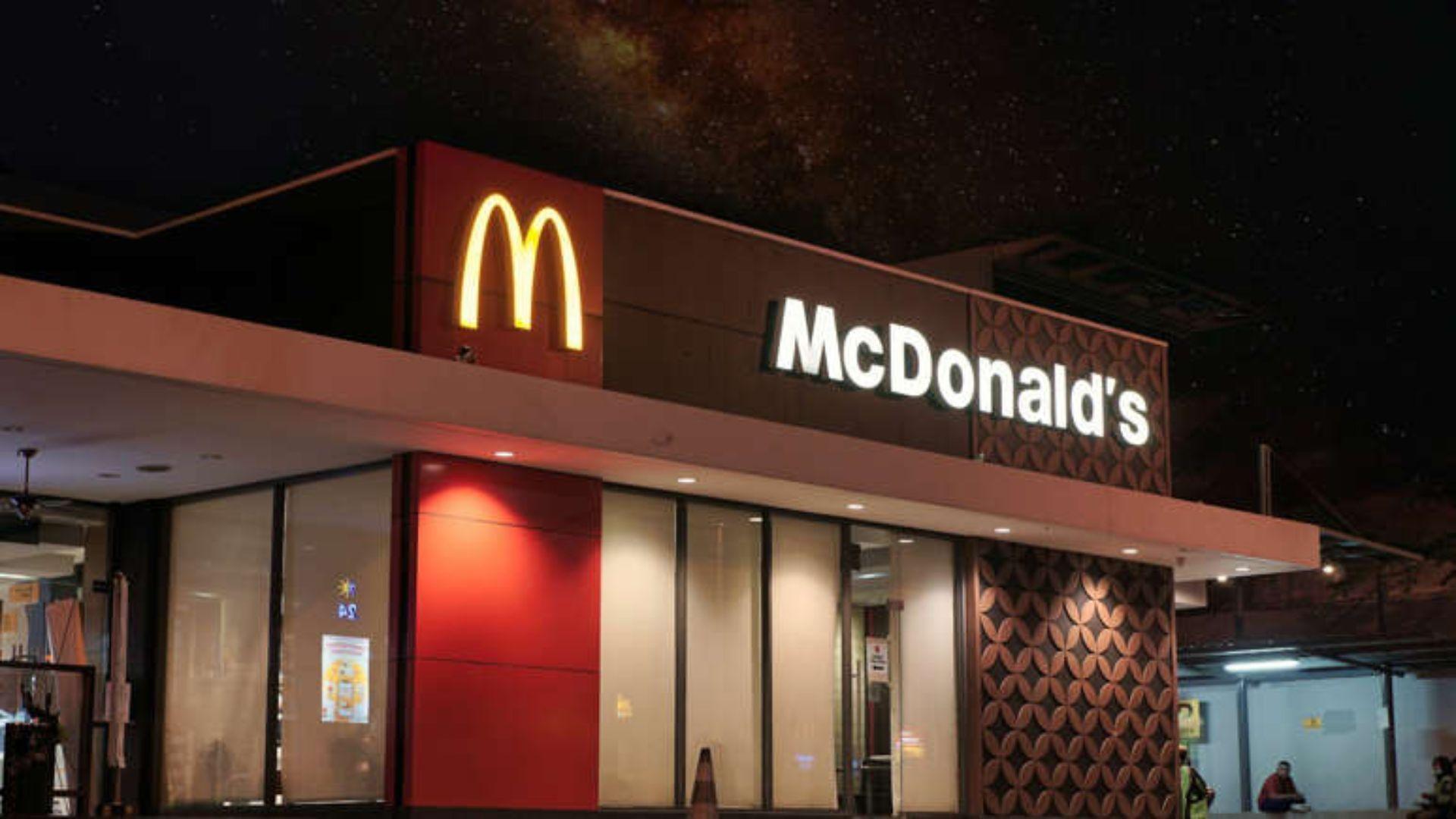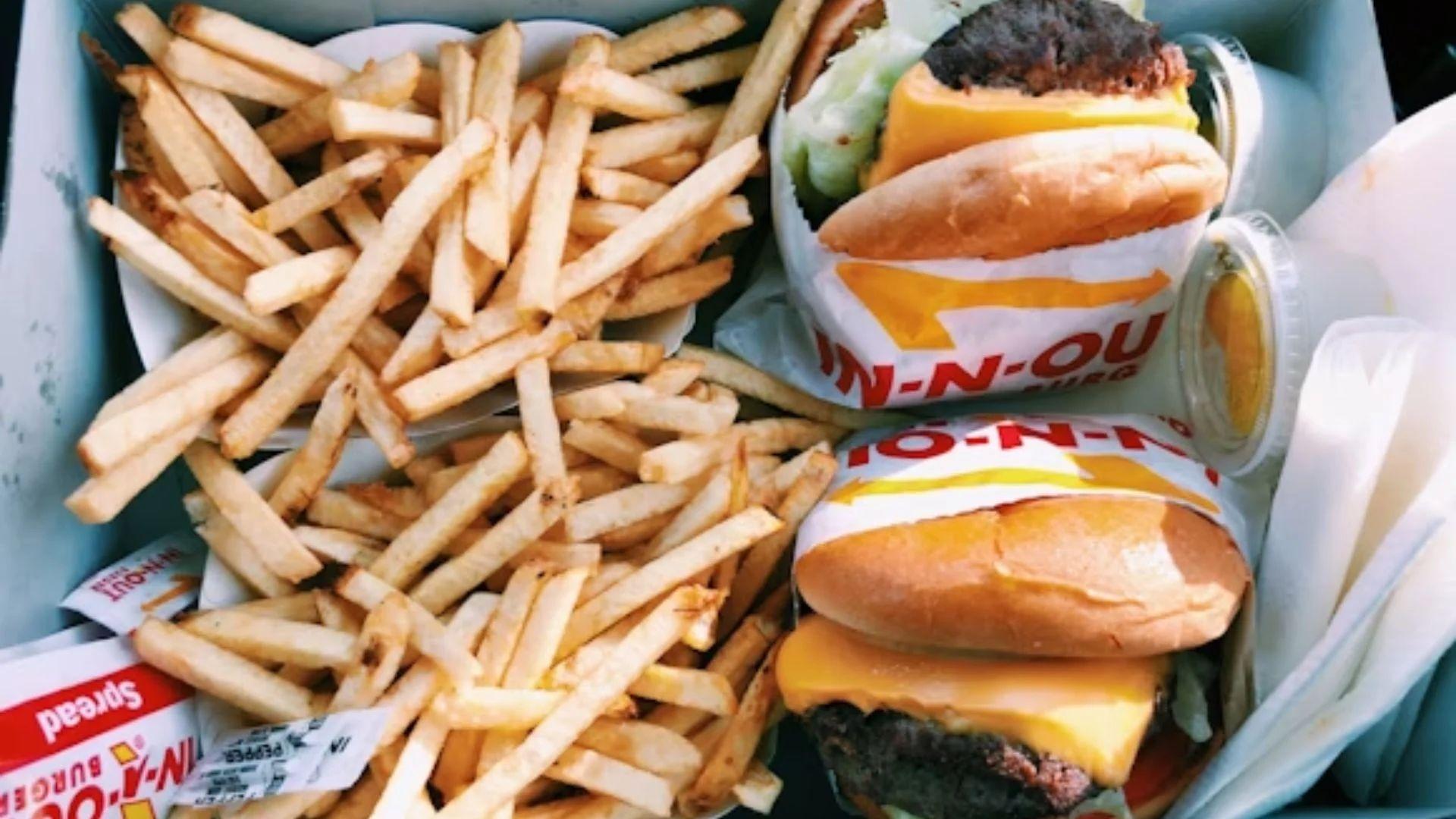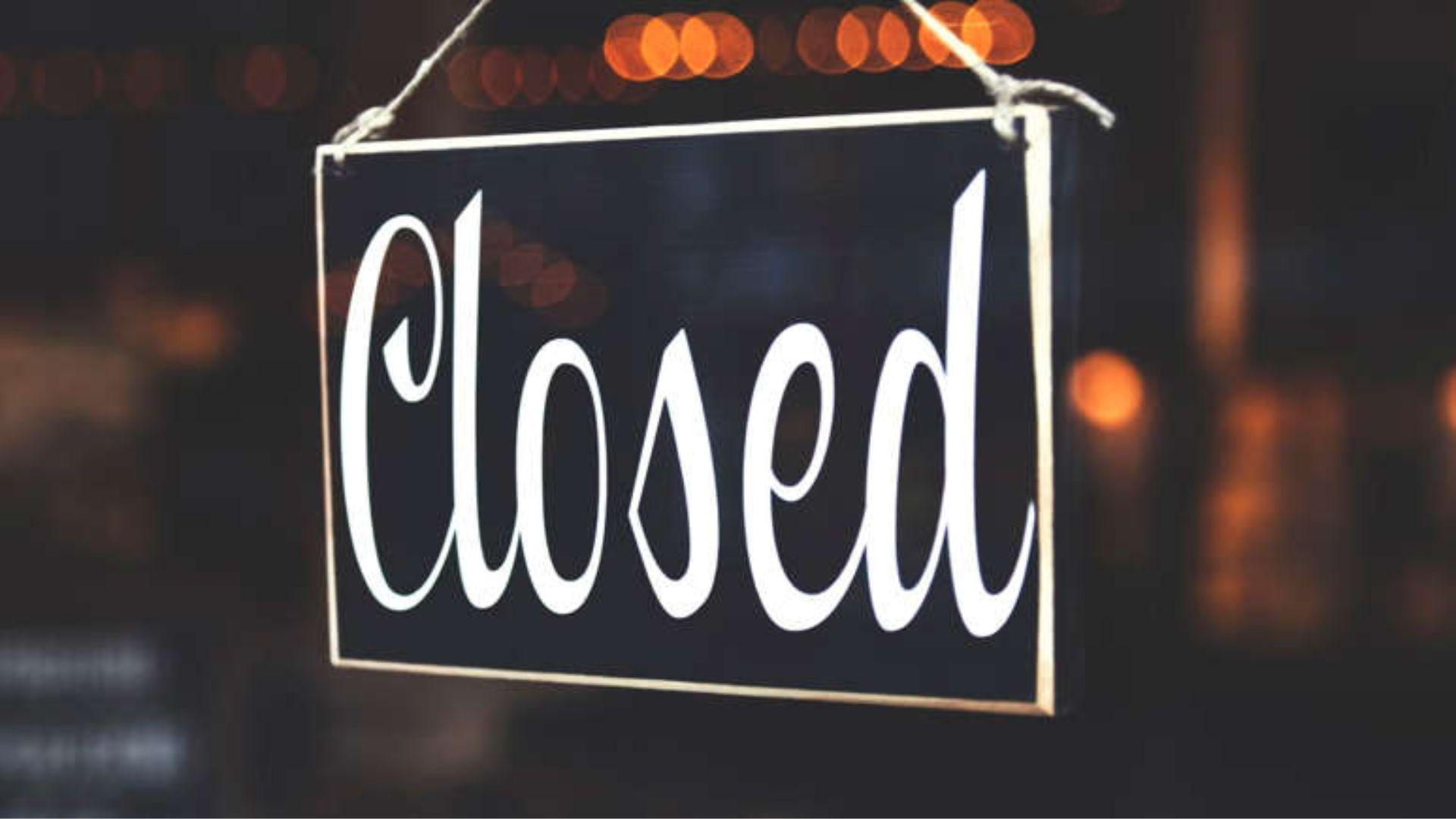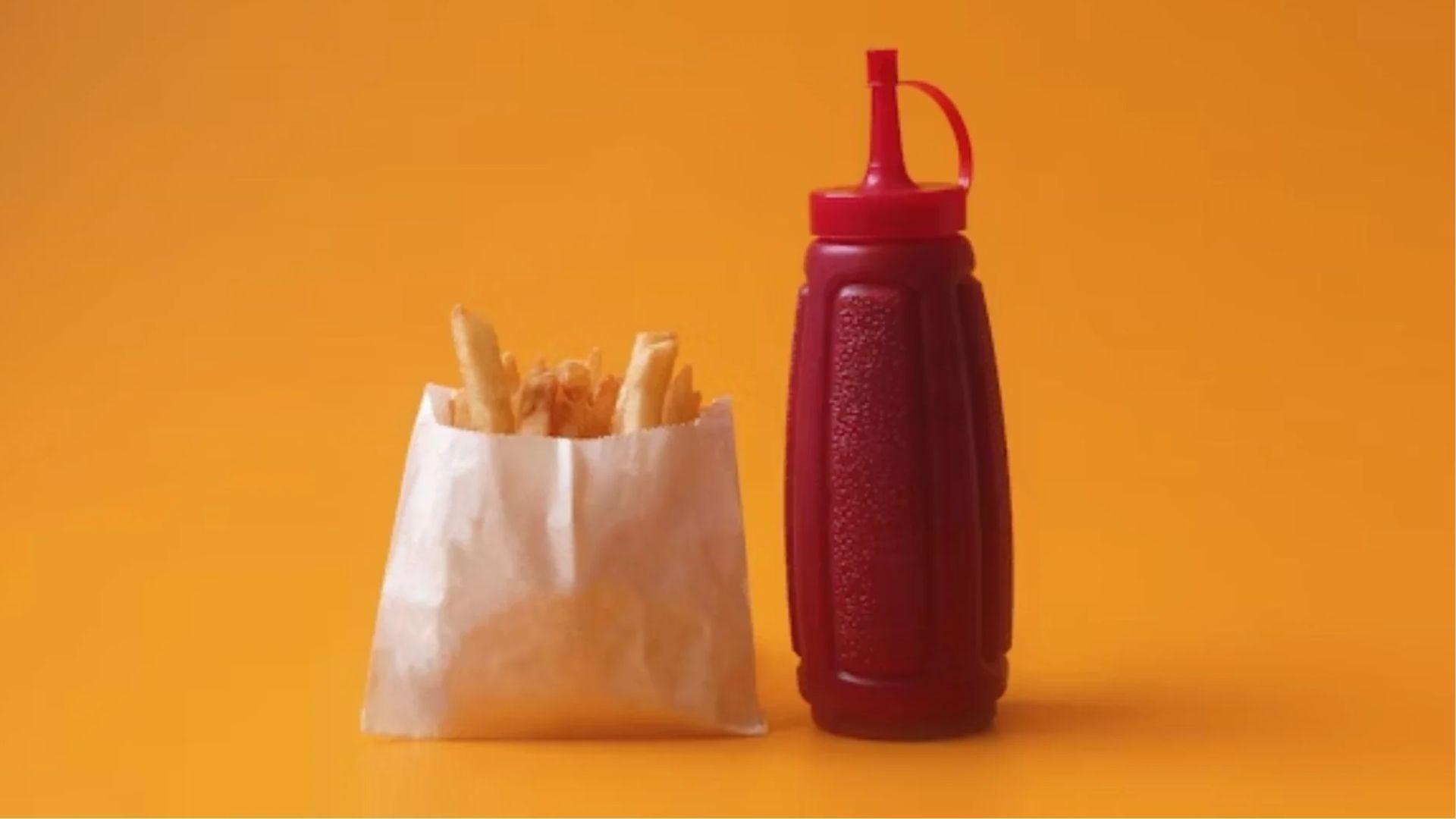A new study has found that the number of customers going to popular fast food chains such as Burger King and McDonald’s dramatically changed following the introduction of new minimum wage laws in the state of California.
The new law which came into force on April 1st gave a pay boost to hundreds of thousands of fast-food workers in the Golden State. However, opponents warned it would be harmful to businesses and customers alike. Now, new data has shed light on who is right.
California’s New Minimum Wage Law

Last year, Governor Gavin Newsome (D-CA) signed into law legislation that would increase the minimum wage for some fast food workers to $20 an hour. This represented a 25% increase from the previous minimum of $16.
The legislation, which represented a major victory for progressive campaigners only impacts chains that have more than 60 locations across the United States.
Sharp Change Since Law Change

Before the new minimum wage legislation went into effect in April, California was slightly outperforming the national average in terms of foot traffic to fast-food chains.
However, the new study has shown that businesses impacted by the increased minimum wage have suffered a noticeable fall in customers since April. The study shows McDonald’s foot traffic down by 2.48%, Burger King by 3.86%, and In-N-Out by 2.59%.
Social Media Reacts

When Governor Newsom signed the new minimum wage legislation into law last Fall, feisty debates were sparked between conservatives and liberals. The response on social media to the new study has reflected these divisions.
One opponent of the increased minimum wage posted on Twitter/X, “Didn’t need a study to know [this] was going to happen. It’s called common sense.” However, another social media user who supports the legislation said that the negative impacts of the law “are minor” compared to the benefits they offer workers.
Popular Chain Closes It’s Doors Following New Minimum Wage

One popular chain that claims to have suffered from the higher minimum wage is Rubio’s Coastal Grill, which has blamed Newsom’s legislation for the closure of 48 of its California stores.
The closures represent over a third of total Rubio’s stores in operation and is expected to hit Fullerton and Marina Del Rey, among other areas across America’s most populous state.
Some Stores Hike Prices

Other chains in California have responded to the minimum wage hike by increasing prices, rather than closing stores. One such chain is In-N-Out Burger – which has traditionally been known for offering an affordable alternative to other fast food restaurants.
Price increases of up to $0.50 were recorded for the Double-Double burger combo, with the combo now costing $11.44 in LA County. In-N-Out President Lynsi Snyder said, “We continue to raise menu prices only when absolutely necessary, as we did on April 1st of this year in our California restaurants.”
Not All Businesses Are Struggling

While the likes of Burger King and In-N-Out recorded lower foot traffic following the new minimum wage coming into force, other businesses have fared better. The study said casual dining has been enjoying a comeback in recent months.
Giving examples of this, R.J. Hottovy said, “Chili’s has seen visitation trends outperform casual-dining category averages by a significant amount the past several weeks.”
Minimum Wage Opponents Have Their Say

Among the opponents of the new minimum wage legislation are the California Business and Industrial Alliance (CABIA), who claim the $20 minimum has led to almost 10,000 job losses.
Meanwhile, economics professor Alan Gin has previously warned that businesses will “really be hit hard” by the increase in the minimum wage for fast food workers from $16 per hour to $20 per hour.
Not All Agree

Not all experts agree on the harmful impact of increasing the minimum wage. Michael Reich, UC Berkeley Chair of the Center on Wage and Employment Dynamics, says the evidence demonstrates that increasing the minimum wage increases employment, lowers turnover rates, and makes employee recruitment easier.
Meanwhile, one study showed that a 10% increase in minimum wage correlated to only a 0.4% increase in prices.
Could The Minimum Wage Increase Even More?

The living wage for an individual in California with two children averages $33.26 – far above the $20 now being offered to some fast food workers in the state.
For this reason, many campaigners in California have been campaigning for a $30 minimum wage. Although such proposals seem a long way off becoming law, some cities in the state have been further increasing their minimum wage for some workers.

